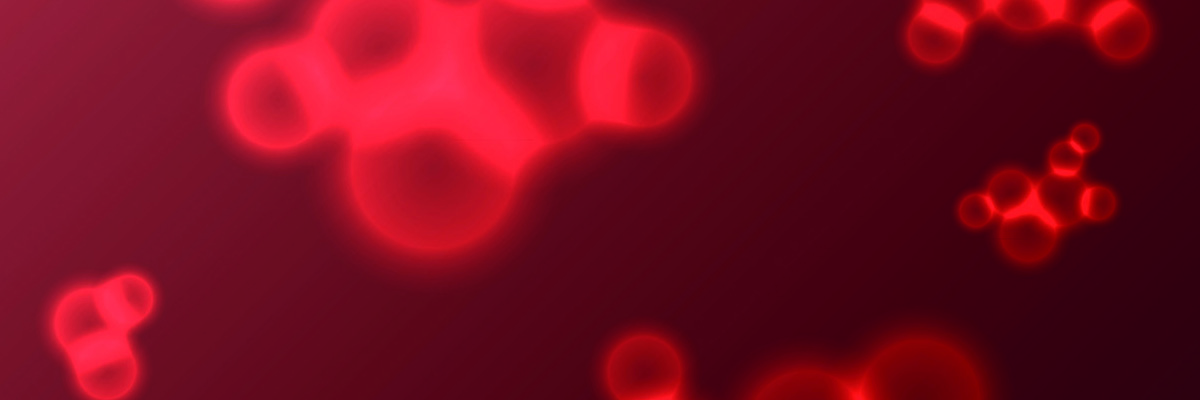
10. Molecules and Materials for Life
RESEARCH PROGRAMME
MOLECULES AND MATERIALS FOR LIFE
COORDINATOR
Jiří Brus
Institute of Macromolecular Chemistry of the CAS
GOALS
- To develop new catalysts for efficient chemical processes with lower energy requirements
To prepare more selective biologically active compounds for modern medicine and better quality of life
To develop new generation of polymers applicable as carriers for targeted drug delivery, biomaterials for tissue regeneration and engineering, and for selective diagnostics
To elucidate mechanisms governing the self-organization of macromolecules into supramolecular structures and controlling of their interactions with target molecules in living cells and tissues
Participating CAS Institutes
Institute of Macromolecular Chemistry
J. Heyrovsky Institute of Physical Chemistry
Institute of Organic Chemistry and Biochemistry
Institute of Inorganic Chemistry
Institute of Chemical Process Fundamentals
Institute of Analytical Chemistry
Institute of Physiology
Institute of Microbiology
Institute of Molecular Genetics
Institute of Experimental Medicine
Cooperating partners
Institute for Clinical and Experimental Medicine (IKEM); The Institute of Molecular and Translational Medicine, Palacky University Olomouc; Gilead Sciences, Inc.; Zentiva, a. s. (Sanofi Group); Wake, s. r. o.; Beznoska, s. r. o.; ELLA-CS, s. r. o.; VÚAnCh, a. s.; Euro Support Manufacturing Czechia, s. r. o.; Elmarco, s. r. o.; Pardam, Ltd.; Aqua obnova staveb, s. r. o.; Barvy a Laky Teluria, s. r. o.; Denas Color, a. s.; Advanced Materials-JTJ, s. r. o.; Czech and foreign universities and other institutes
The programme focuses on the research of new chemical technologies that would address contemporary challenges and needs of the society, emphasizing environmental protection and development of new medical preparations as tools for improving the quality of life. Increasing accents on the environmental protection require introduction of more efficient chemical technologies, in which selective catalytic systems would play a decisive role by decreasing the energy consumption and thus enable more efficient use of natural resources.
Medicinal chemistry, taking advantage of detailed knowledge of structure-to-function relationships, will bring new, selectively active drugs. Progress in macromolecular chemistry and physics will afford well defined synthetic polymers, macromolecules with a capacity to self-organize in higher supramolecular structures and in a controlled manner interact with selected target molecules in cells and tissues of the organisms. New approaches will thus open ways for the development of targeted drugs, biomaterials supporting the regeneration of tissues or new tissue formation, as well as devices for selective medical diagnostics.
The programme builds on an interdisciplinary effort, combining the approaches of medicinal and macromolecular chemistry on one side with those of inorganic and physical chemistry on the other, all the traditionally strong scientific disciplines in the Academy of Sciences. In addition to broad application potential in the fields of new compounds and materials for medicine or more effective catalytic systems for industry and environmental protection, the Research Programme will bring substantial progress in elucidation of mechanisms governing the self-organization of molecules and provide deeper understanding of structure-to-function relationships of new materials.